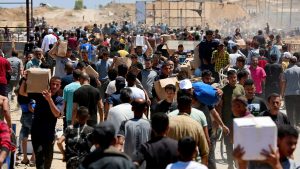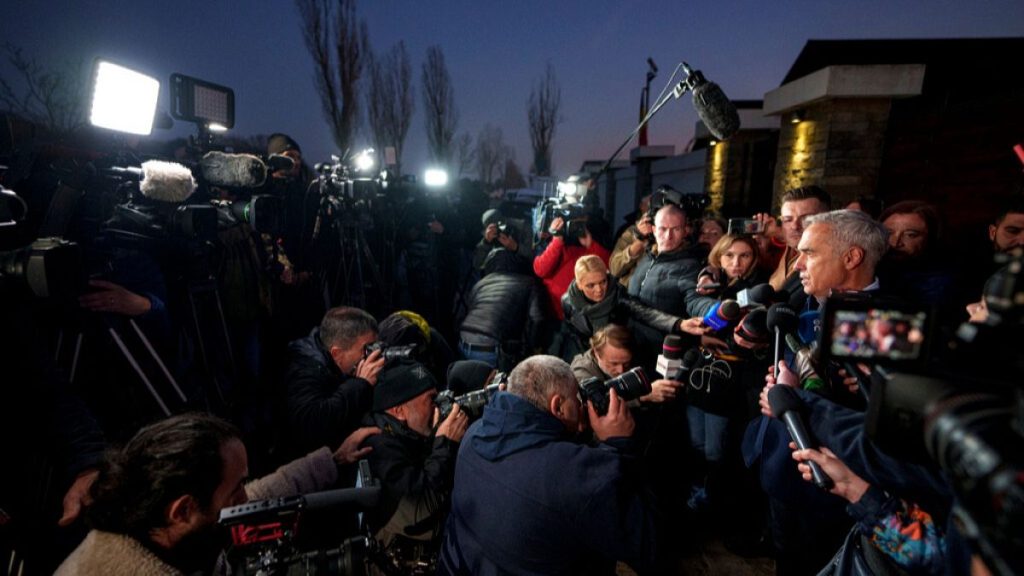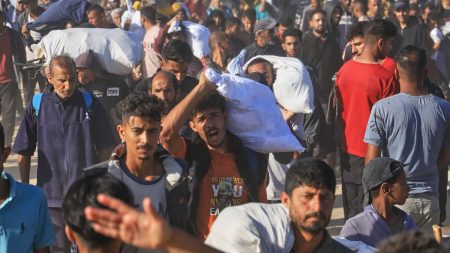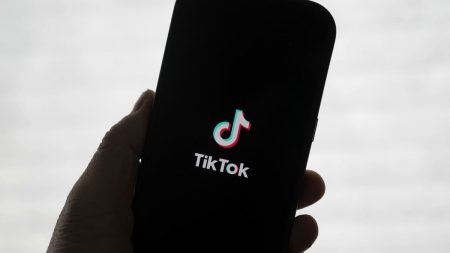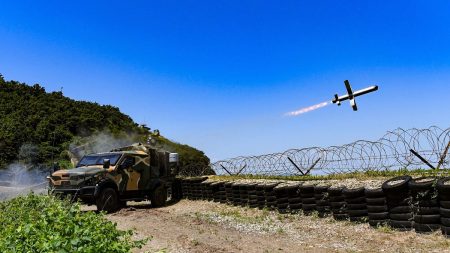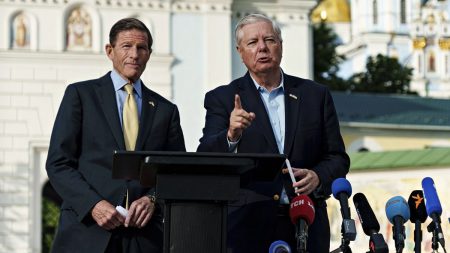Paragraph 1: An Unexpected Upset and Subsequent Annulment
Romania’s presidential election took a dramatic turn when Călin Georgescu, a previously obscure far-right nationalist, secured a surprise victory in the first round. This unexpected outcome was short-lived, however, as the Constitutional Court (CCR) intervened, annulling the results and calling for entirely new elections. This unprecedented decision, made just as diaspora voting commenced, cited procedural irregularities and declassified intelligence reports revealing Russian interference through a pro-Georgescu, anti-Western propaganda campaign. The court also pointed to irregularities in Georgescu’s campaign financing, revealed by the intelligence reports, as a contributing factor to the annulment. This sudden shift plunged the nation into political uncertainty, with the timeline for a fresh election remaining unclear.
Paragraph 2: Diverging Reactions to the Court’s Decision
The annulment sparked a polarized response. Prime Minister Marcel Ciolacu, the Social Democratic party’s candidate in the first round, praised the CCR’s decision as the only viable course of action, emphasizing the need to address the revealed Russian interference. He called for a thorough investigation to determine those responsible for attempting to manipulate the election and restore public trust in democratic processes. In stark contrast, other political figures, including Elena Lasconi, Georgescu’s centrist opponent, vehemently criticized the annulment. Lasconi denounced the decision as a blow to democracy, accusing the state of undermining the democratic process and playing into the hands of external forces seeking to destabilize the country.
Paragraph 3: Accusations of a "Coup d’état" and Georgescu’s Defiance
George Simion, leader of the far-right AUR party, condemned the annulment as a "coup d’état," though he discouraged immediate protests, advocating for democratic means to challenge the system. Georgescu himself, in a pre-recorded address, labeled the court’s decision a "barbaric act" perpetrated by an "oligarch state" against democracy. He drew parallels to Donald Trump, claiming similar accusations had been leveled against the former US president, and pledged to continue his campaign, asserting that the "wave" of support he had garnered could not be stopped. His defiant stance underscored the deepening political divisions within the country.
Paragraph 4: Controversy and Suspicions Surrounding Georgescu’s Campaign
Georgescu’s candidacy had been plagued by controversy from the outset. The first round of voting faced scrutiny following complaints from defeated candidates regarding opaque campaign financing and alleged voter deception. Declassified intelligence reports later revealed that Georgescu’s win was likely orchestrated through a coordinated social media campaign, particularly on TikTok, where his popularity surged dramatically in the weeks leading up to the election. The reports indicated a “sleeper network” suddenly activated on the platform, utilizing methods characteristic of state-sponsored manipulation. These revelations raised serious concerns about the integrity of the electoral process.
Paragraph 5: Focus on TikTok and Campaign Financing Irregularities
The intelligence reports further highlighted suspicious financial activity related to Georgescu’s campaign. Despite claiming to have no campaign budget and relying solely on volunteers, evidence emerged of nearly €1 million being spent by an individual supporting his candidacy, with significant sums allocated to promoting his content on TikTok. This stark contradiction fueled suspicions of undisclosed funding and raised questions about the source of this substantial financial support. The European Commission responded by demanding information from TikTok regarding its role in the Romanian elections, expressing concerns about potential foreign influence operations on the platform.
Paragraph 6: A Nation in Limbo: The Path Forward
The annulment of the first round and the call for new elections have left Romania facing a period of profound political uncertainty. The timeline for the new vote remains ambiguous, with some suggesting it could be delayed until spring 2025 if the entire electoral process, including candidate signature collection, needs to be restarted. The controversy surrounding Georgescu’s campaign, the allegations of Russian interference, and the deep divisions within the political landscape create a complex and unpredictable scenario. The upcoming elections will be closely watched, as they represent a critical test for Romanian democracy and its ability to navigate this tumultuous period.
